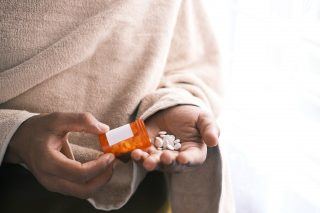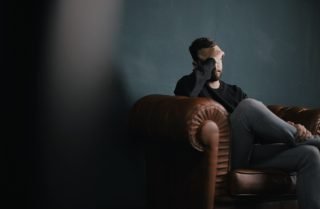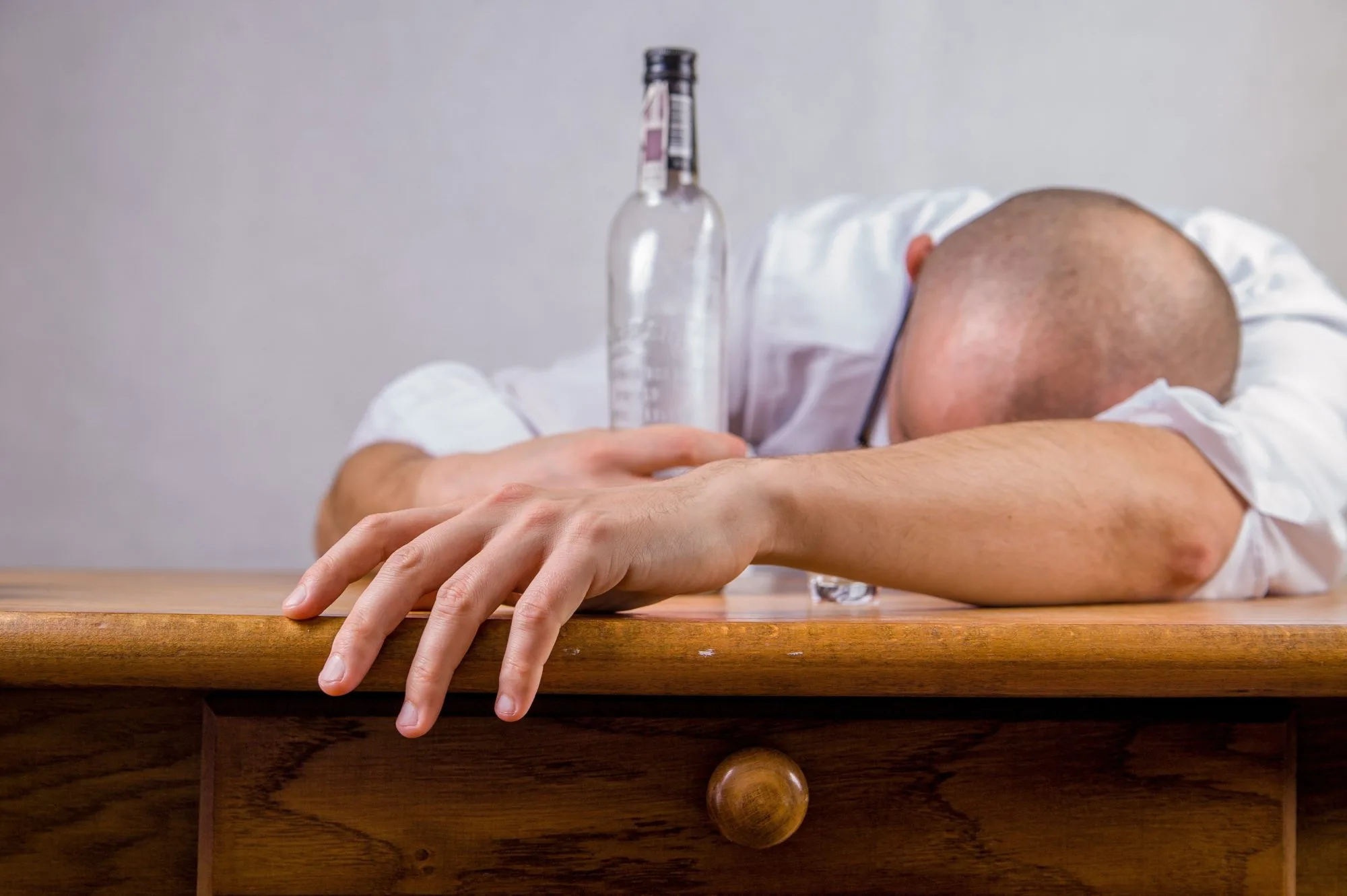More and more researchers are warning that the anxiety and fear associated with the Covid-19 pandemic, together with the recent violence in South Africa as well as the economic fallout from these, will have a detrimental impact on mental health and lead to increased levels of depression and substance abuse.
Andre Brink, a psychologist at Riverview Manor, a specialist clinic in the Southern Drakensberg, says that there has been a definite increase in the number of people who are seeking help at Riverview Manor in the wake of Covid-19.
Pandemic and Politics Causing Substance Abuse
Brink says that abuse of alcohol, as well as prescription and over-the-counter medication, is definitely on the increase. The greatest challenges faced by his patients are the loss of loved ones and the financial issues caused by the pandemic.

Photo by engin akyurt on Unsplash
“People are struggling. Many people who are being admitted here are simply not coping. They feel overwhelmed, and they turn to substances, mostly alcohol,” he points out.
Brink says the substance most frequently abused by men who struggle to cope appears to be alcohol. This continues even during times when alcohol sales are completely banned. How so? Well, people have either stocked up ahead of such shutdowns or have found a way to get alcohol – likely through illegal channels.
“People are finding ways to get their hands on alcohol, so bans are not stopping them from continuing their abuse of alcohol. It is just forcing them to find other avenues,” he says.
Bored in the house, in the house bored
Another aggravating factor, he notes, is boredom and the frustration of staying at home, which can also escalate both stress and the drinking problem itself.
Women, on the other hand, tend to use other substances to cope. These include prescription medication (sedatives and sleeping pills) as well as over-the-counter medications such as painkillers.
OTC for your worries
 He says codeine-based syrups and pain killers are of particular concern. A growing number of young people mixing codeine-based syrups with cool drinks.
He says codeine-based syrups and pain killers are of particular concern. A growing number of young people mixing codeine-based syrups with cool drinks.
“Older people seem to have discovered that, when they are stressed, an over-the-counter painkiller provides them with a sense of relief. They are starting to use this painkiller, not just for headaches or migraines. Unfortunately, these medications are habit-forming. Often people have been using these painkillers for a long time for headaches. They develop tolerance and start using it more and more. Now we are seeing people using this as a crutch. Codeine-based pain medication then becomes an escape from reality in a way.”
Mental health is layered
Brink adds that it is not always clear whether the pandemic has intensified existing problems or created a whole new set.
“I think that what often happens is that people who are struggling with other issues like depression or anxiety or stress, which are exacerbated when they lose a loved one or are anxious about their own health or financial welfare when the business they are trying to run is struggling to keep its head above water, or they face possible retrenchment, try to self-medicate the anxiety or depression and turn to alcohol or prescription medication.”
Reach out and help
Substance abuse problems often become more apparent when a person who is abusing alcohol is confined to their home. A spouse or family member can now see first-hand what is happening. As such, they can then help that person to seek help.

Photo by Nik Shuliahin on Unsplash
“People are able to see what is happening more clearly and identify a drinking problem that they did not know existed. This often leads to families staging interventions. During this period, I have seen more family members putting pressure on clients to seek help. That doesn’t mean that the person is not wholeheartedly invested in their recovery. It’s just that a spouse or a parent has initiated the process,” Brinks adds.
Getting help
“We recommend that people get help for their depression, anxiety, or stress. At the same time, if they have been abusing a substance, it is important for them to also get help with that as well. We often see that there’s a bleed-over of one into the other. Someone who is struggling with their mental health tends to abuse a substance and that has a negative effect on their mood or anxiety. On the other hand, greater stress or anxiety can escalate an existing addiction. That’s why we suggest that people address both at the same time, in parallel rather than individually.”
His advice is to go for professional help such as a substance abuse treatment center in Austin soon as possible rather than resort to “self-medication.
“If you are a family member, try to engage with your loved one. Be honest with them and be upfront. Tell them that you are concerned and that you would like them to get help,” he says.
Who is Andre Brink

André Brink
BA Psych Hons (Stellenbosch) MA Clin Psych (Rhodes)
André started at Riverview at the beginning of 2002 and, after a sabbatical from 2007 onwards, rejoined the team again in 2010. He draws from a wide variety of approaches including CBT, Systemic work, and Psychodynamic psychotherapy.





![women [longevity live]](https://longevitylive.com/wp-content/uploads/2020/01/photo-of-women-walking-down-the-street-1116984-100x100.jpg)









